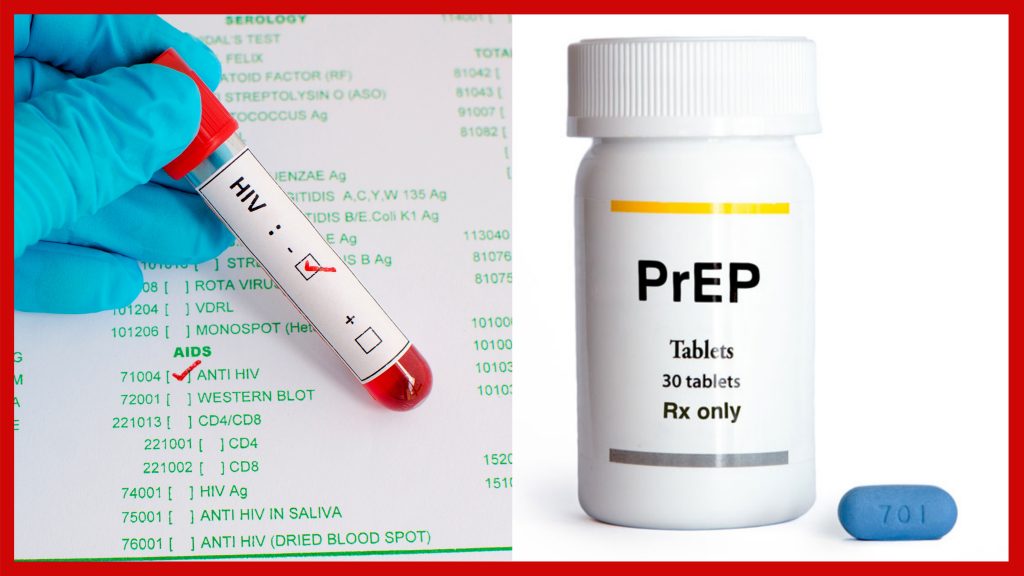Efforts to reduce global HIV infections have taken a promising step forward with the development of a new long-acting oral antiretroviral drug designed for pre-exposure prophylaxis (PrEP). Nearly 1.3 million people acquire HIV every year, and while existing prevention methods such as once-daily oral PrEP pills are highly effective, their success depends on strict adherence. Missed doses reduce protection, leaving individuals vulnerable to infection. Injectable long-acting PrEP options exist, but they require administration by a healthcare provider, which can limit access, particularly in communities facing logistical, cultural, or stigma-related barriers.
A new investigational therapy seeks to address these challenges by providing a long-acting oral alternative. Scientists focused on a novel class of compounds called nucleoside reverse transcriptase translocation inhibitors (NRTTIs). These agents block HIV replication by interfering with reverse transcriptase activity through multiple mechanisms, including halting the translocation process on viral DNA. Because of this dual mode of action, NRTTIs show potential for high potency and durability against the virus.
Building on prior knowledge of NRTTIs, researchers modified the structure of an existing compound to improve its stability, activity, and pharmacokinetics. The optimized candidate, known as MK-8527, demonstrated strong antiviral effects in laboratory tests. In animal studies, the compound showed pharmacokinetic properties consistent with long-acting activity, raising the possibility of an oral pill that only needs to be taken once a month.
Human studies are now underway to evaluate MK-8527’s safety, tolerability, and effectiveness. Early results suggest that the therapy is well tolerated and maintains drug levels that could provide sustained protection against HIV. If successful, this monthly pill could revolutionize HIV prevention strategies by combining the effectiveness of existing PrEP therapies with the convenience and privacy of an oral regimen that does not require daily adherence or clinic-based injections.
The potential benefits of such a therapy extend beyond clinical outcomes. A discreet, long-acting oral PrEP option could help overcome stigma associated with daily pill-taking, improve accessibility in underserved regions, and support individuals who struggle with adherence. By expanding prevention choices, a once-monthly oral PrEP could become a powerful tool in the global fight to end HIV transmission.

